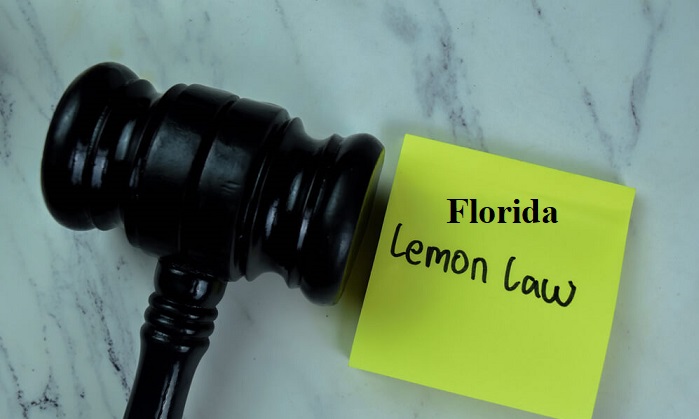Florida Lemon Law: What You Need to Know

If you’ve recently bought a new car in Florida and are having serious problems with it, you might have heard about the Florida Lemon Law. As someone who’s been through this process, I want to share what I’ve learned to help you understand your rights and how to navigate this law. Let’s break it down in simple terms.
The Florida Lemon Law, officially called the “Motor Vehicle Warranty Enforcement Act,” is designed to protect buyers of new vehicles. It ensures that if your new car has substantial defects or issues that a dealership or manufacturer cannot fix after a reasonable number of attempts, you may be entitled to a replacement vehicle or a refund.

What Vehicles Are Covered?
The Florida Lemon Law applies to new or demonstrator vehicles sold or leased in Florida. This includes cars, trucks, and SUVs used primarily for personal, family, or household purposes. However, it does not cover:
- Motorcycles
- Mopeds
- Off-road vehicles
- Vehicles bought for resale
If you’re leasing a vehicle, you’re also protected under this law as long as the vehicle meets the other criteria.
What Qualifies a Car as a Lemon?
Not every car problem qualifies under the Lemon Law. The issues must meet certain conditions:
- Substantial Defect: The problem must significantly impair the car’s use, value, or safety. Cosmetic issues or minor inconveniences typically don’t count.
- Repair Attempts: The manufacturer or authorized dealer must have made a “reasonable number of attempts” to fix the problem. In Florida, this generally means:
- At least three unsuccessful repair attempts for the same issue.
- The vehicle is out of service for a cumulative total of 30 or more days due to repairs.
- Timing: The defect must occur within the first 24 months after the vehicle’s purchase or lease date.
Steps to Take if You Think You Have a Lemon
If you believe your car qualifies as a lemon, here are the steps you should follow:
1. Document Everything
Keep detailed records of all repairs and interactions with the dealership. Make sure you have:
- Copies of repair orders
- Receipts
- Notes on dates and times your car was out of service
2. Notify the Manufacturer
Florida’s Lemon Law requires you to notify the manufacturer in writing about the problem. Most manufacturers provide a specific form for this purpose, which you can usually find in the warranty booklet.
3. Allow for Final Repair Attempt
Once the manufacturer receives your written notification, they have one last chance to fix the defect. If they can’t resolve the issue, you can move forward with a claim.
4. File a Lemon Law Claim
Florida has a specific process for resolving Lemon Law disputes. You’ll need to file a claim with the Florida New Motor Vehicle Arbitration Board. This is an informal process where a panel reviews your case and makes a decision. The decision is binding on the manufacturer, but not on you, meaning you can still pursue legal action if you’re unsatisfied with the outcome.
Understanding California Overtime Law: Key Rules and Regulations
Tips for Success
From my experience, the key to navigating the Florida Lemon Law is preparation. Here are some tips to help you:
- Be Persistent: Don’t let the dealership or manufacturer dismiss your concerns. Stand firm and insist on your rights.
- Stay Organized: Keeping all your documentation in one place makes the process much smoother.
- Know the Deadlines: Remember, you only have two years from the date of purchase to take action under the Lemon Law.
- Consider Legal Help: If you’re overwhelmed or unsure, consult a lawyer who specializes in Lemon Law cases. Many offer free consultations and will work on a contingency basis, meaning they get paid only if you win. Read More




